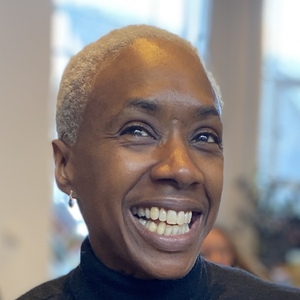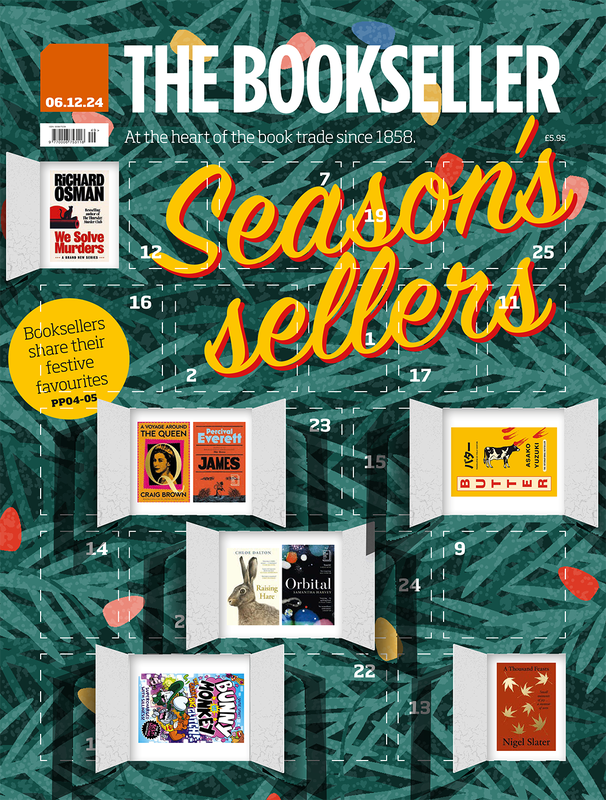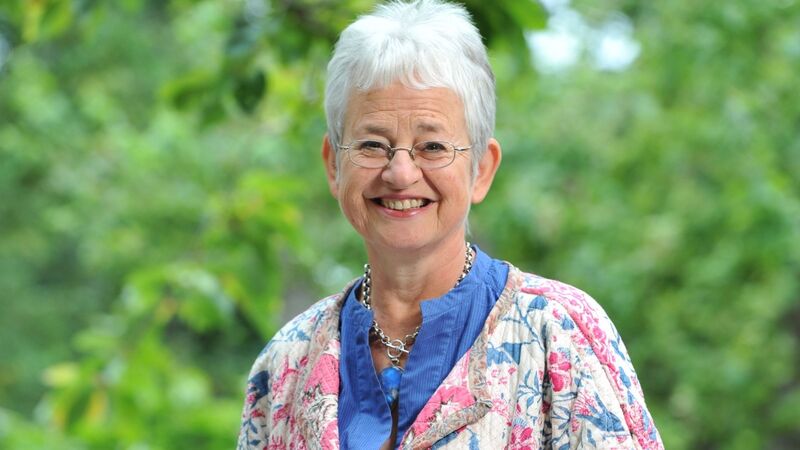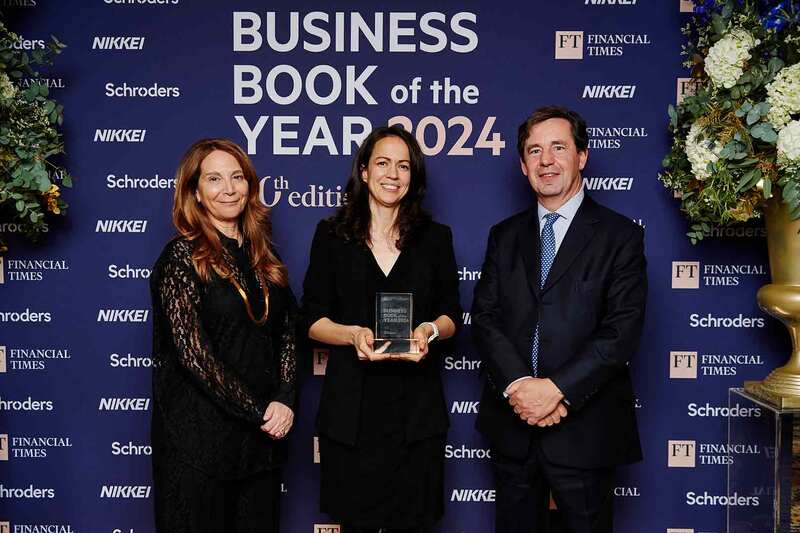You are viewing your 1 free article this month. Login to read more articles.
It's time for a BAME amnesty
Why publishing needs to stop using this unhelpful acronym.
To write this means I have to acknowledge a term I truly dislike: "BAME".
It’s a UK acronym for Black, Asian and Minority Ethnic which is used regularly in the publishing industry and which I personally hate. It assumes a grouping that simply does not exist. To use the term BAME is to lump everyone together who is "Not White", and to not acknowledge their differences.
In an industry which is trying to be more inclusive and representative of our multiracial society, why use a term that doesn’t represent it accurately? It essentially translates to seeing us all in one of two categories: "white" and "other". Let’s stop the use of this term with no repercussions or blame, let’s simply call for a BAME amnesty.
In the UK, people from Lancashire don’t want to be labelled as being from Yorkshire, or the Welsh referred to as Scottish – as they are, rightly, proud of their ancestry. Yet it seems OK to list everyone who doesn’t fit into the mould of "white" under the one umbrella term.
It is surprising to me that the publishing world is so fond of using BAME. In this world of words where we are supposed to be educated, entertained and see things from the eyes of others, this industry that is trying to be more inclusive and publish books from authors of different ethnicities and backgrounds, it seems strange to use such a negative and generic term. How hard is it to actually identify a person by the ethnicity they wish to be aligned to, rather than through an acronym which illogically groups very different people together?
BAME erases people’s individuality and experiences, and fails to acknowledge both different cultures and the nuanced differences within those cultures. I would never refer to myself as BAME, and if I have to be lumped into a group, there are already plenty of terms that I would prefer. Maybe you could ask me and other individuals from ethnically diverse backgrounds which one we prefer.
BAME erases people’s individuality and experiences, and fails to acknowledge both different cultures and the nuanced differences within those cultures
BAME is particularly toxic because it can be used as a tick-box exercise. By fulfilling a "BAME quota", publishing does not have to hold itself accountable for specifying the depth and breadth of its inclusion – while still prioritising white-centric norms.
A poll carried out by Race Equality Matters as recently as May 2023 overwhelmingly showed how this term is viewed by LinkedIn respondents. The term "Ethnically Diverse" remained the most favoured with 45% of the votes, followed by Global Majority (29%), Ethnic Minority (19%) and BAME (6%). This supports my suggestion that the publishing industry should stop using the term, as it is alienating around 18.3% of the population.
Many industries have ceased using the term BAME for the reasons I have specified and the publishing industry should follow suit. An industry that thrives on the use of words and supposedly celebrates diverse storytelling should stop homogenising non-white authors. This will help eradicate tokenism and make the industry truly inclusive rather than paying lip service to the idea.
Let’s change BAME into a BEAM of light that acknowledges individuals. Publishers, booksellers and readers should all come together to eradicate the use of this outdated acronym. Let’s set a deadline for when the term will not be acceptable to be used in the literary world. Let’s start a BAME amnesty.


















